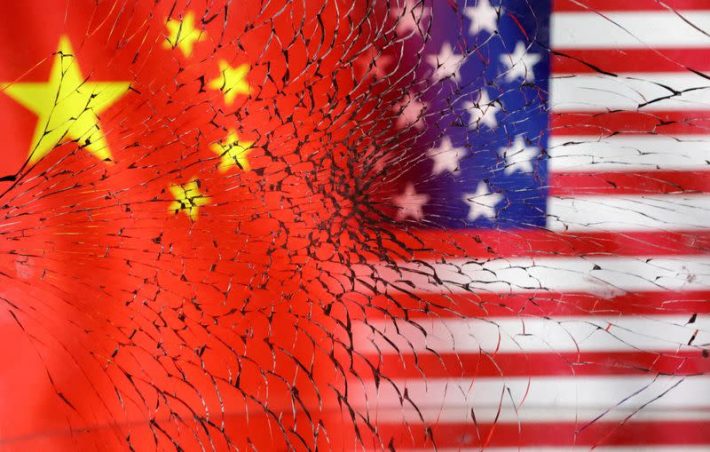Optimism among US companies in China about the business outlook in the country for coming years has sunk to a record low.
An annual survey by the American Chamber of Commerce (AmCham) in Shanghai, which was released on Tuesday, found that geopolitics and the slowing economy have eroded confidence and fuelled pessimism.
Even after the ending of Covid curbs, which weighed heavily on both revenues and sentiment in 2022, the percentage of surveyed US firms optimistic about the five-year China business outlook fell to 52%.
This was the lowest level reported since the AmCham Shanghai Annual China Business Report was first introduced in 1999.
ALSO SEE: China Must Change Course, For Its Own Sake And World’s: IMF
“Frankly, if there was one thing that surprised me about the survey this year it was that number,” AmCham Shanghai chairman Sean Stein said.
“By the time we did this year’s survey a lot of the illusions had fallen away that we would see a sustained rebound in economic growth (post-Covid).”
Geopolitics cited as top challenge
Geopolitics remained a major concern for many firms, with US-China tensions cited as a top business challenge by 60% of the survey’s 325 respondents, equal to the number who pointed to China’s economic slowdown as a top challenge.
Concern over the transparency of China’s regulatory environment also grew, with one third reporting that policies and regulations towards foreign companies had worsened in the past year, though many respondents pointed to US government policy rather than China’s when asked about pressure to decouple.
Companies have been at the centre of deteriorating relations between the two countries for several years. China has criticised US efforts to block China’s access to advanced technology and US firms have expressed concern about fines, raids and other actions that make doing business in China risky.
Last month, US Commerce Secretary Gina Raimondo said during a visit to China that US companies have complained to her that China has become “uninvestible”.
Investment being redirected to Southeast Asia
Geopolitical tensions were also cited as the top risk to China’s future economic growth in the AmCham report, with improved US-China relations the number one factor respondents said would improve their industry’s prospects in China.
AmCham’s Stein said that the survey had been conducted prior to Raimondo’s visit and, since then, he believed companies had begun to reconsider whether they had been “too pessimistic that there wasn’t any way to get out of a constant downward slide (in US-China relations)”.
A larger percentage of firms, 40%, up from 34% last year, are currently redirecting or looking to redirect investment that had been earmarked for China, mainly to Southeast Asia.
This echoed a report published by Rhodium Group last week, which said that India, Mexico, Vietnam and Malaysia were receiving the vast majority of investment US and European firms were shifting away from China.
- Reuters with additional editing by Jim Pollard
ALSO SEE:
Raimondo Warns China Patience Of US Business ‘Wearing Thin’
US Checking EV Battery Imports Over China Forced Labour Fears
US to Cut China Access to Amazon, Microsoft Cloud Computing: WSJ
China Seen Blocking US Chip Giant’s $5.4bn Merger With Tower
China Stalling Merger Reviews of US Chip Firms, Others – WSJ
























